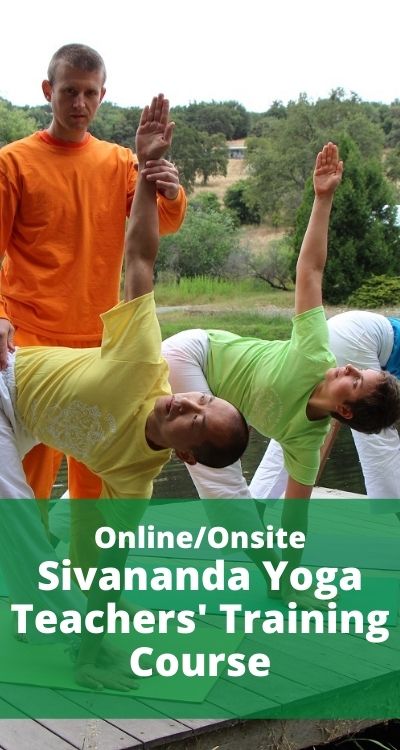Remember, Forget
Swami Sivananda’s last instructions are, “Remember, Forget.” Remember the Divine and forget or let go, of everything else. This simple instruction summarizes the basic approaches of Yoga.
Jnana and Bhakti
On the one hand, Jnana Yoga nurtures the concentrated state of mind which is ideally focused on an uplifting object such as a divine name (mantra) or presence; and on the other hand, Bhakti Yoga is the practice of self-surrender, or letting go of our attachments: ideas and expectations, memories, concepts, and limited knowledge.
Both Jnana Yoga and Bhakti Yoga require conscious effort. The Jnana Yogi focuses the mind and attaches to a worthwhile goal, such as Knowledge or the Self. Whereas, the Bhakti Yogi releases oneself from effort, trusting in God, to relax on what already is.
Jnana practices strength
The Jnana Yogi practices to strengthen the mind, to bring stillness and calm to the mind, to be able to reflect the true picture of the Self within, which is Happiness Absolute.
Bhakti practices letting go
The Bhakti Yogi knows already that whatever we come up with in our mind is limited, and knows that we do not know the bigger picture or the will of God. Therefore, the best strategy is to let go of all preconceived ideas and to detach.
Attachments bring suffering
If you are attached to any object of this world, be it a person, an object or a circumstance, you will lose your freedom and become enmeshed in that object. Attaching oneself to the Supreme purifies all Egoistic intentions, and draws one closer to the Supreme Being, to the Pure Reality. Attachment to the Supreme will eventually give you your Self and your Freedom.
- To practice detachment refers to our human tendency to involve ourselves in every aspect of our life
- to treat even temporal objects as absolute truth or reality.
- Through our attachment to objects we lose the perspective that life is but a big school to learn
- (to remember!) that we are the Atman, that we are the Truth in all things and not some separate entity or appearance.
Detachment implies that one remains established in the Self and lets go of everything else.
Conclusion
How much we practice concentration and how much we practice self-surrender and detachment depends on one’s personality in the first place. An emotional person works it out by remembering God and by offering all of one’s emotions to the Divine, trusting that God knows best and all is happening by His will. A strong-minded person practicing Jnana Yoga, might just focus the mind on an uplifting object, meditating on the Divine, until nothing else remains.
Swami Sivananda said, “Serve the Self, Love the Self (or God), Meditate on the Self, and Realize the Self.”
Om Tat Sat
Swami Sitarmananda


